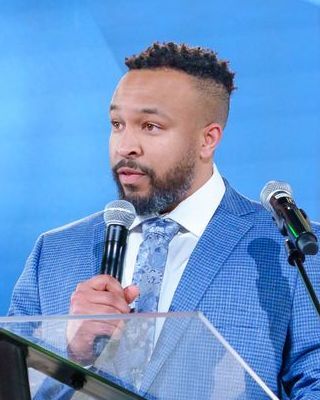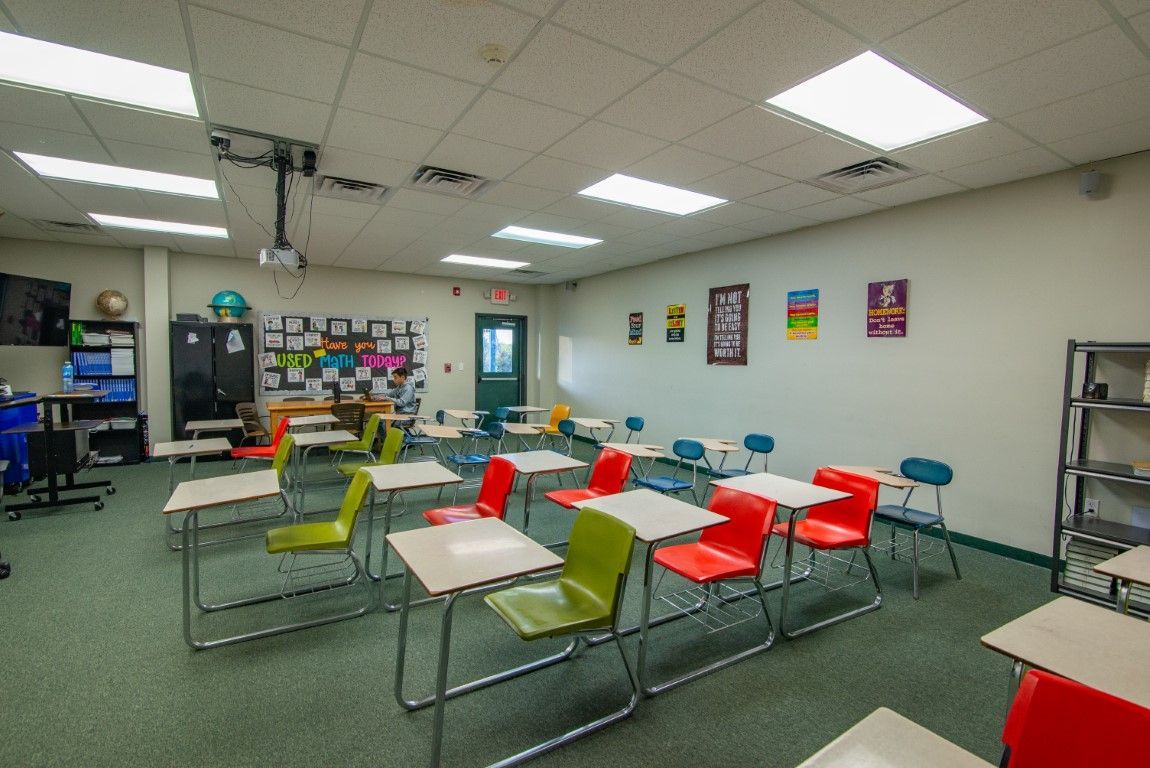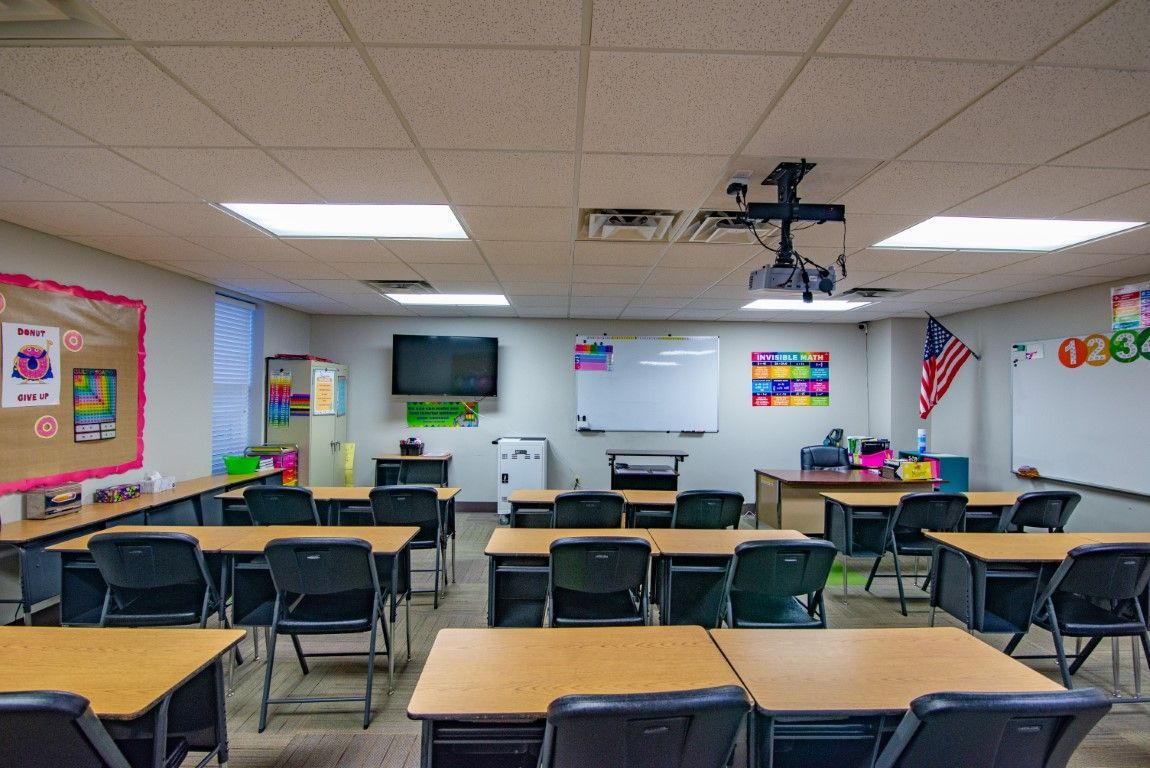ACADEMICS
Upper School
SIXTH THROUGH TWELFTH GRADE
The aim of Upper School is to cultivate students who embody the Portrait of the Graduate and who, by loving and pursuing proper things, are prepared to engage the world with humble skillfulness and confident care. We believe that the best way to cultivate these qualities in our students is through the Liberal Arts, the path of learning long trodden by Christians for centuries.
The following distinctives characterize Upper School learning:
The Humane Letters
Courses in Humane Letters (Humanities) invite students into the Great Conversation about ideas with which people in all places and times wrestle. Of particular focus is how Christian thinkers have engaged those ideas. Without shying away from philosophies that do not align with biblical thought, teachers lead students through literature and art that reflect the big questions of humankind while fostering habits of bringing every thought captive for Christ.
Verbal Arts (Grammar, Logic, Rhetoric)
Students continue their work in the Trivium—the verbal arts—through reading increasingly complex texts (Grammar) in all disciplines and in designated Logic and Rhetoric courses. Wielding true words with skill and eloquence is the goal of the work in the verbal arts.
The senior year culminates in a thesis project, drawing together in practice all that students have learned about constructing a thoughtful and persuasive argument on a significant topic.
Mathematics & Science
Mathematics and Science classes awaken wonder and impart skills to see and study the orderly world of creation as beautiful evidence of God’s design, not divorcing scientific knowledge from its place in a unified cosmos. Students are encouraged to see the subjects of their studies as an integrated whole before they analytically dissect them into parts.
Biblical Studies
Complementing historical and literary studies, the Bible curriculum addresses principles of interpretation, surveys biblical doctrine, and consistently challenges students to apply what they have learned.
Latin
Latin classes instruct students through active and communicative methods that aim at making students intuitive readers of Latin texts. Latin courses culminate in reading and discussing selections from a broad range of Latin literature, such as Livy’s Ab Urbe Condita, Vergil’s Aeneid, the Vulgate, and works by Augustine, Jerome, Aquinas, and Petrarch.
Senior Thesis & Oration Project
The senior year culminates in a thesis project, drawing together in practice all that students have learned about constructing a thoughtful and persuasive argument on a significant topic. In their 12th grade Rhetoric course, students spend time reading, researching, writing, discussing, re-writing, and presenting deliberative arguments. The first result is a well-researched, academically written and formatted thesis, which must be defended in front of a panel of faculty members. Students also deliver a speech, using an outline, that is fitting to the prioritization of live, spoken speech in the Rhetorical tradition, requiring students to demonstrate skill in the means of persuasion.

Head of Upper School
Mr. Marquist Dorsett


TYPICAL SEQUENCE OF STUDY (GRADES 6 - 12)
Humanities
Ancient
Greek & Roman
Medieval
Early Modern European
American
Global 20th Century
Mathematics
Pre-Algebra
Algebra I
Geometry
Algebra II
Pre-Calculus
Calculus or Statistics
Science
Life Science
Physical Science
Biology I
Chemistry I
Physics I
Advanced Chemistry or Microbiology
Theology
Bible I
Bible II
Christology
Soteriology
Ecclesiology
Augustine’s City of God & John Calvin’s Institutes
Language
Intro to Latin
Latin I
Latin II
Latin III
Latin IV or Hebrew I
Latin V or Hebrew II
Logic & Rhetoric
Logic I: Formal and Informal
Rhetoric I: Argument and Debate
Logic II: Symbolic
Rhetoric II: Arrangement and Style
Rhetoric III: Memory and Delivery
Senior Thesis and Oration
Music & Art
Art and Choir/Strings
Art and Choir/Strings
Art and/or Choir/Strings
Art and/or Choir/Strings
Art and/or Choir/Strings
Art and/or Choir/Strings
